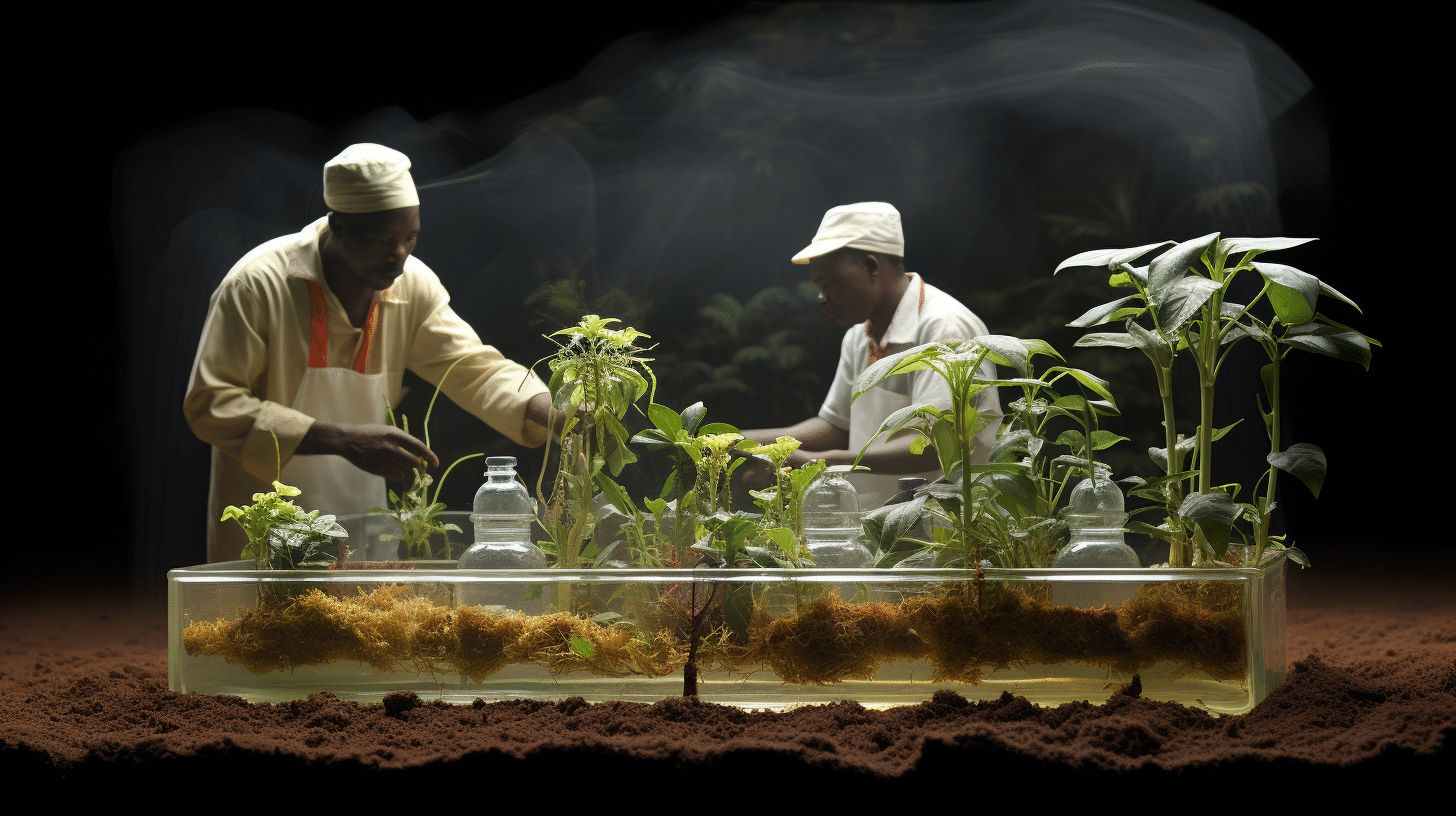Tissue culture is a biotechnology that is bing usd extensively in the cloning of vegatatively propagated plants.It is based on the plants ability to regenerate other types of plant parts.Propagation of plants follows the following major three steps for it to be considered successful.
Stage 1
It includesestablishing the asceptic culture and developing the propagule by mutually enhancing cell division and enlargment.Contamination is elimanated by the use disinfectants such as alcohol,calcium and mercury chloride.All tools should be sterilised.
Stage 2
It involves a series of suculturing to rapidly multiply the propagules through the somatic development f embryos to produce auxillary buds and adventitious roots.Culture medium should be enriched with substances that enhance the development of plant organs.
Stage3
- Preparation of the propagules for establishment in the soil.The propagation includes the following
- Rooting of the regenerated plantlets.
- Hardening the plantlets by imparting some torelance to moisture stress and major attacks from pathogens.
- Converting the plants from heterotrophic mode of nutrotion to autotrophic state.
Importance
- It is used to recover and establish pathogen free plants especially in the control of viral diseases.
- It is used in the mass production of propagules.
- It is fast and needs leass space for farmers to carry it out.



0 comments